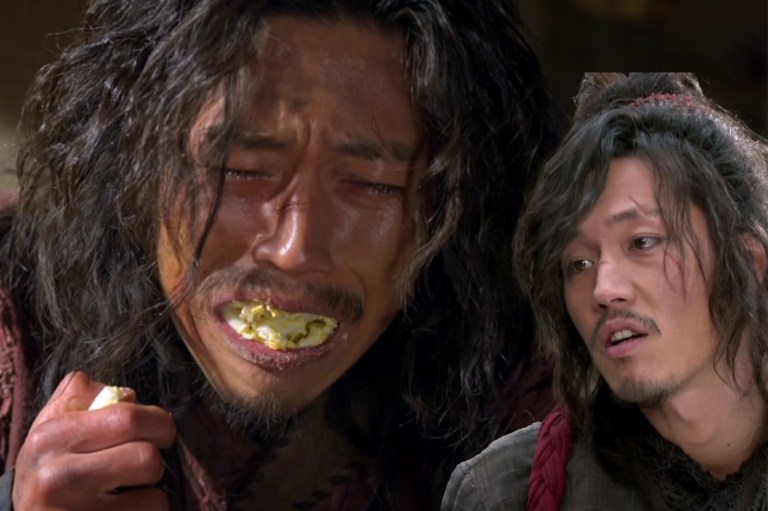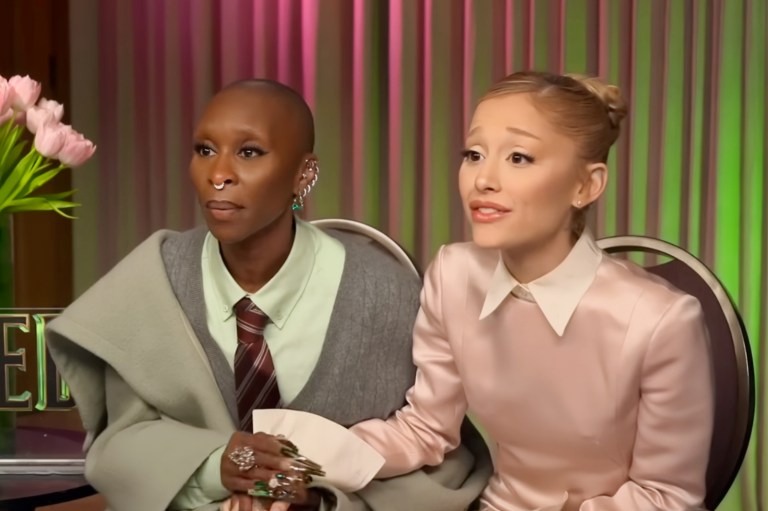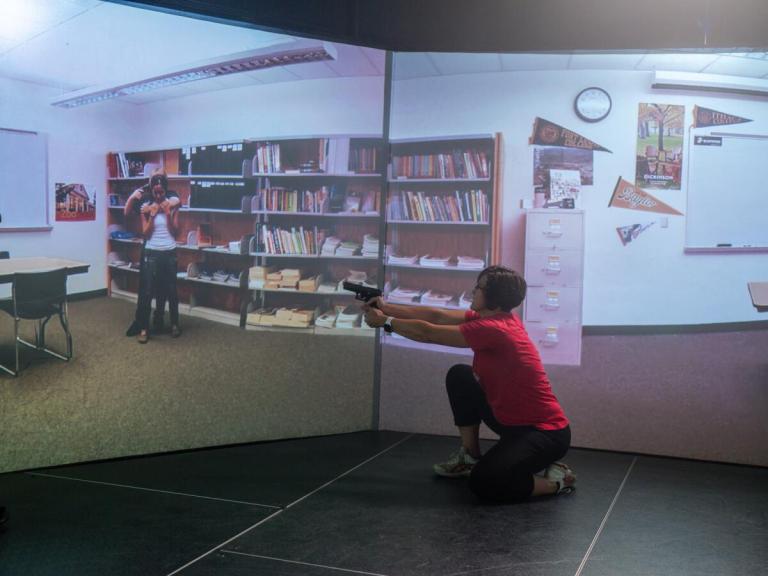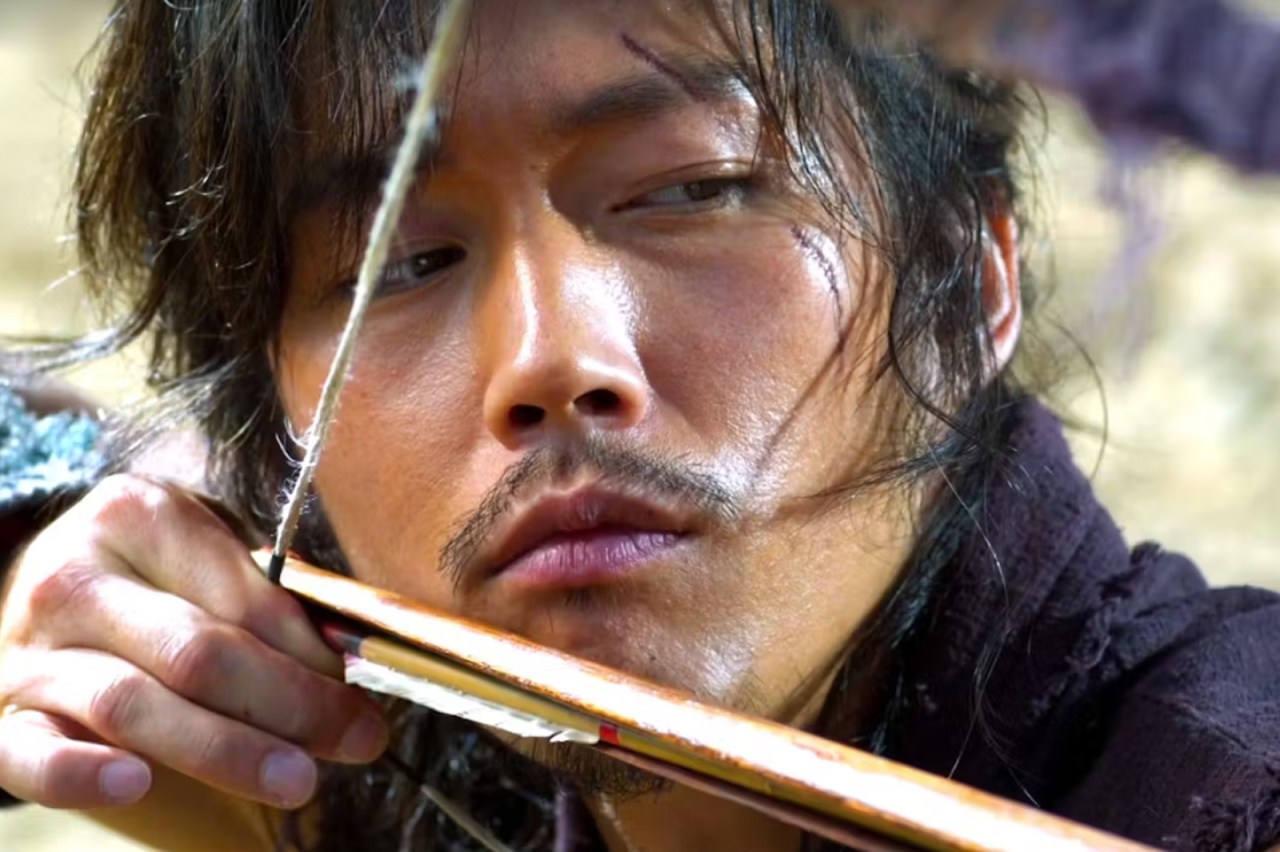
This Epically Underrated Historical Drama Has The Most Loveable Anti-Hero Of All Time (And You Can Stream It Now On Amazon)
Chuno: The Slave Hunters is a 2010 South Korean historical drama packed with just as much action as there is romance.
Set during the country’s Joseon Dynasty, which lasted from 1392 to 1897, the saga follows fallen nobleman-turned-slave hunter, Lee Dae-gil, and his two trusty companions, General Choi and Wang-son, who serve as bounty hunters with questionable ethics who are drawn into a political plot that just happens to coincide with Dae-gil’s personal tragedy and heartbreak.
He’s spent a decade obsessively searching for the slave he fell in love with, Un-nyun, who his family attempted to murder. She believes him to be dead after a confrontation between Dae-gil and her brother Keun-nom in which the two siblings escaped, and afterwards assumed new identities. Dae-gil carries her portrait with him from town to town, hoping to be reunited, as well as take his revenge.
Meanwhile he is tasked with hunting down general Song Tae-ha, a recently returned prisoner of war who serves Crown Prince Sohyeon. When Sohyeon is killed, along with two of his three sons, Tae-ha is framed for stealing and made a slave as punishment, but vows to find and rescue the late prince’s third son and rightful heir. Along the way, he encounters Un-nyun, who now goes by the name Hye-won, and is on the run from an arranged marriage. Their fates become intertwined, and neither is aware that they are both targets of the relentless Dae-gil.
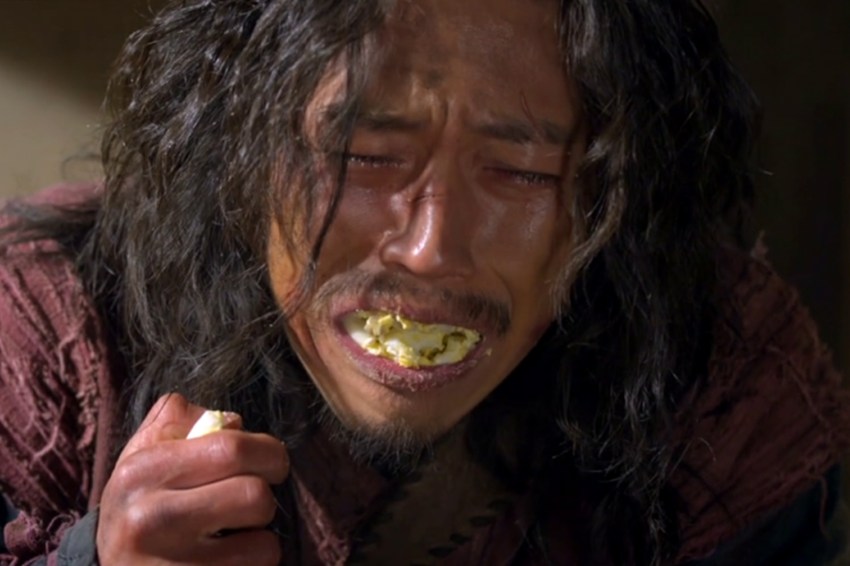
With twenty-four episodes to tell the whole tale, I can’t understate how invested you’ll become in each of these characters. Jang Hyuk’s Dae-gil is the most tragically loveable anti-hero, performing countless feats of Prince of Persia-esque parkour, and delivering what is to this day the most memorable crying scene I’ve ever seen. Mid-chew with a mouthful of hard-boiled egg, he receives devasting news and breaks down in a gut-wrenching sob. It’s the most realistic and human depiction of grief I’ve ever seen on screen, that you still can’t help but chuckle at for the mess of it all. It’s a departure from the more perfectly picturesque performances K-dramas are known for.
Nevertheless, this story will hold you captive and have you crying like a baby too.

